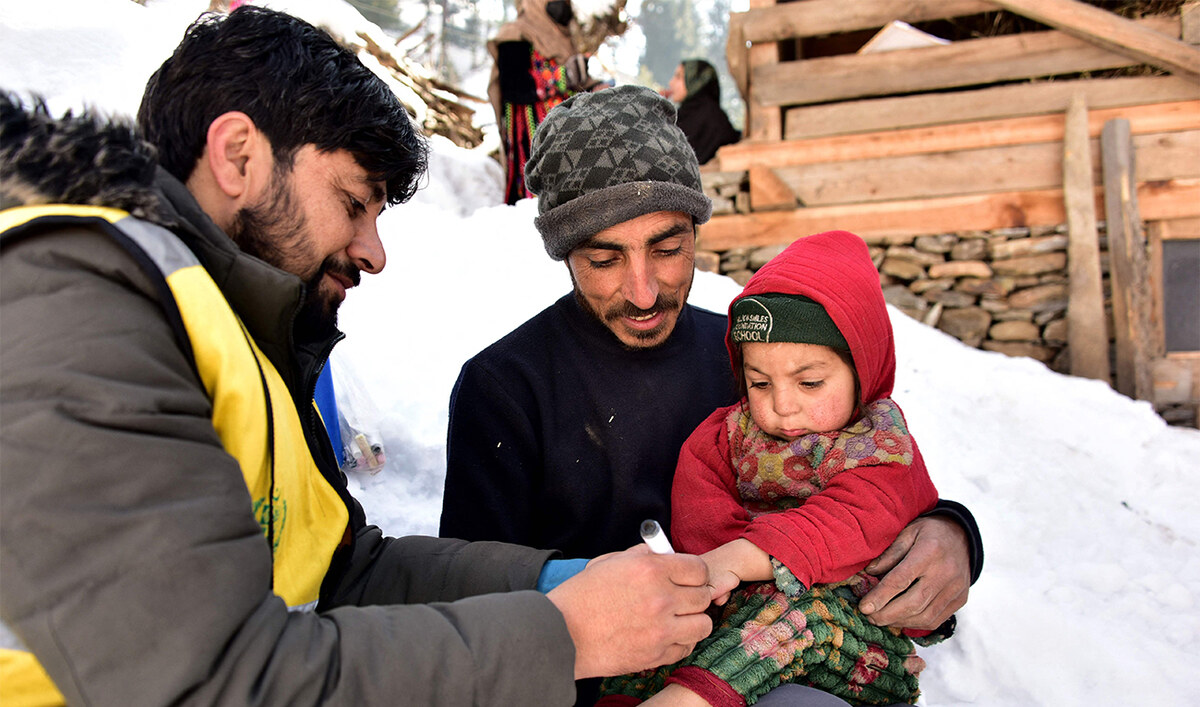ISLAMABAD: Former three-time prime minister Nawaz Sharif, ousted in a military coup in 1999 by then army chief General Pervez Musharraf, on Tuesday urged the government to facilitate the ailing former military ruler's return to Pakistan.
Sharif, who stayed in prison and exile for a decade after his ouster, returned to power in 2013 and put Musharraf on trial for treason, vowing to see the case go to its logical conclusion.
In 2016, Musharraf travelled to Dubai to seek medical treatment after a travel ban was lifted by Pakistani courts. Three years later, he was sentenced to death in absentia for treason, related to his 2007 decision to impose emergency rule in the country. However, a court later nullified the ruling.
Last week, Musharraf's family announced that he was in critical condition at a Dubai hospital.
"I do not have a personal enmity or grudge against Pervez Musharraf. [I] do not want anyone to suffer the sorrows I suffered about my loved ones," Sharif said on Twitter. "I pray to Almighty Allah for his health. The government must facilitate if he wishes to return."
Musharraf seized power in 1999 in a bloodless coup after Sharif tried to dismiss him as army chief, having appointed him above more senior officers a year earlier. His plan to return to power in 2013 was dashed when he was disqualified from running in an election won by Sharif.
Musharraf’s family has said he is currently hospitalized due to a complication of Amyloidosis, which causes a build-up of an abnormal protein called amyloid in organs and tissues throughout the body.
“Going through a difficult stage where recovery is not possible and organs are malfunctioning,” the family said in a statement. "Pray for ease in his daily living."
Khawaja Asif, a minister and close aide of Sharif, said last week there should be no hurdle in the way of Musharraf's return given his poor health.
"Past events should not be allowed to be a hurdle in this regard," Asif said on Twitter. "May Allah grant him health and he may spend his time with dignity in this part of his life."
On Tuesday, a Pakistani military spokesman said the Pakistan’s army's official stance was that Musharraf should return home.
"Pervez Musharraf sahib's health condition is very bad. The institution and the leadership of the institution has a stance that he should return to Pakistan," Major General Babar Iftikhar, director-general of the Inter-Services Public Relations (ISPR), told a local news channel in an interview aired Tuesday night.
"His family was contacted in this regard, but it is his family and his doctors who are to decide if he can be allowed to travel in such a condition."
Musharraf, who ruled Pakistan as a "chief executive" when the 9/11 attacks on the United States took place, swiftly aligned with Washington during its military intervention in neighboring Afghanistan.
In more than seven years in office, he oversaw a stint of economic growth while dodging at least three assassination attempts. He won a five-year term as president in a 2002 referendum, but reneged on promises to quit as army chief until late 2007.
After the December 2007 assassination of opposition leader Benazir Bhutto, the national mood soured even more and crushing losses suffered by Musharraf's allies in 2008 elections left him isolated.
In August 2008, Musharraf quit office to avoid impeachment charges, nearly nine years after taking power.



















